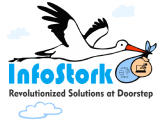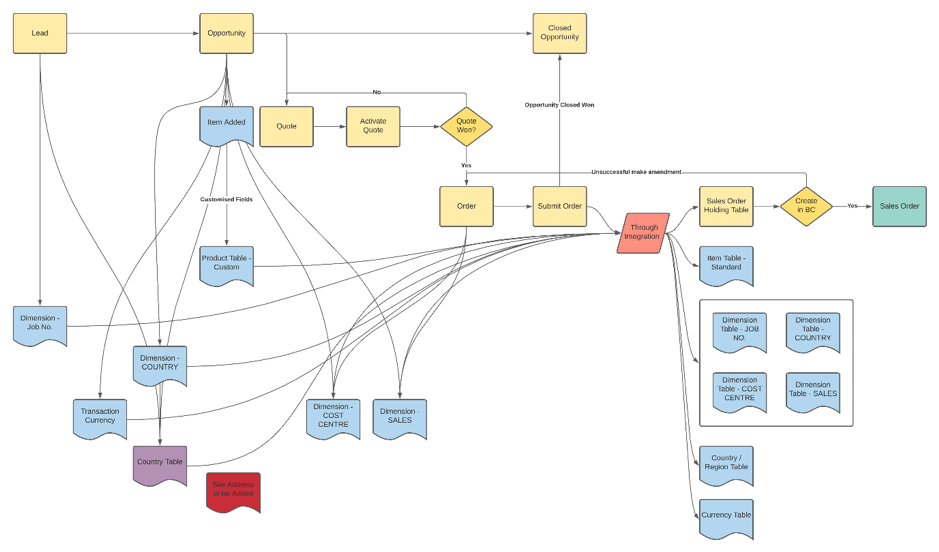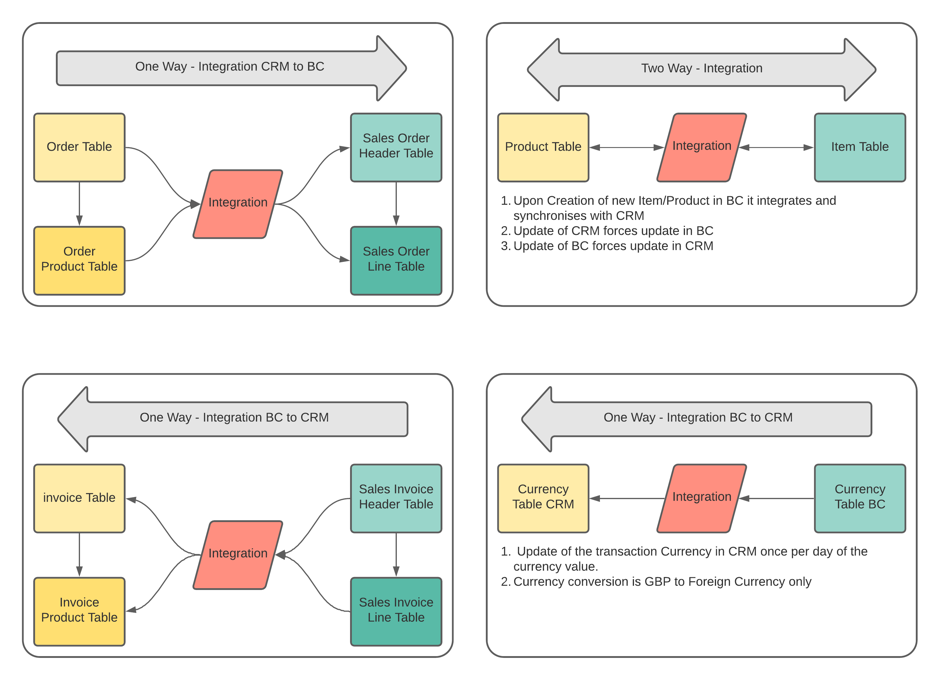
Project Info
- Category: D365 BC
- Client: FVR Dynamics Ltd.
- Location: UK
- Client Business: Client is passionate about helping organisations embrace the new opportunities that Microsoft Dynamics Business Central has given to the SME ERP market. Infostork Technolabs has developed integrations for D365 Business Central to D365 CRM Sales. The first phase of the project was to build the integration and use the standard integration methodology with minimal customisation focused on the Dataverse integration tables. Infostork developed Phase two by extending the development to the key tables excluded in phase one.



